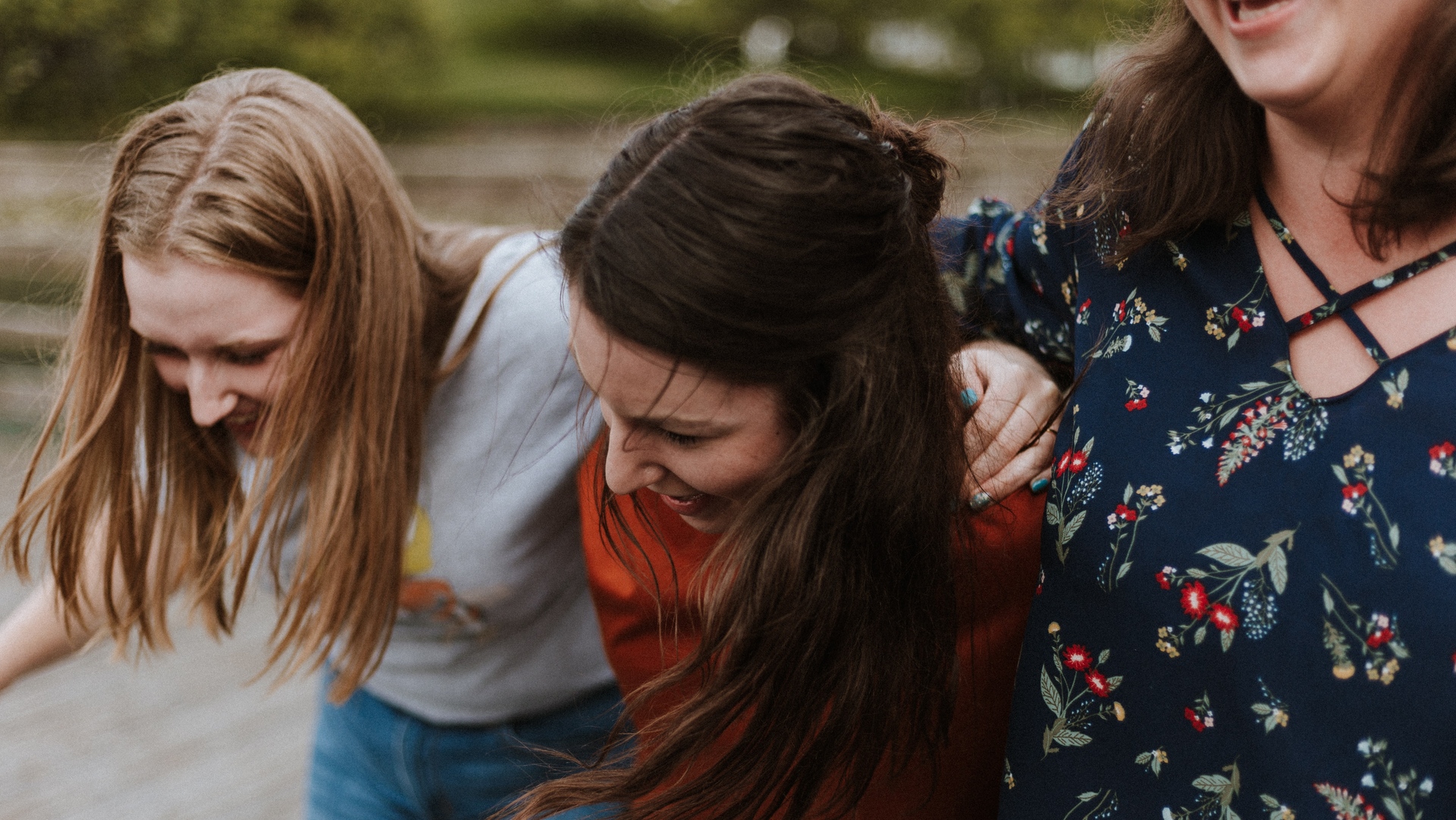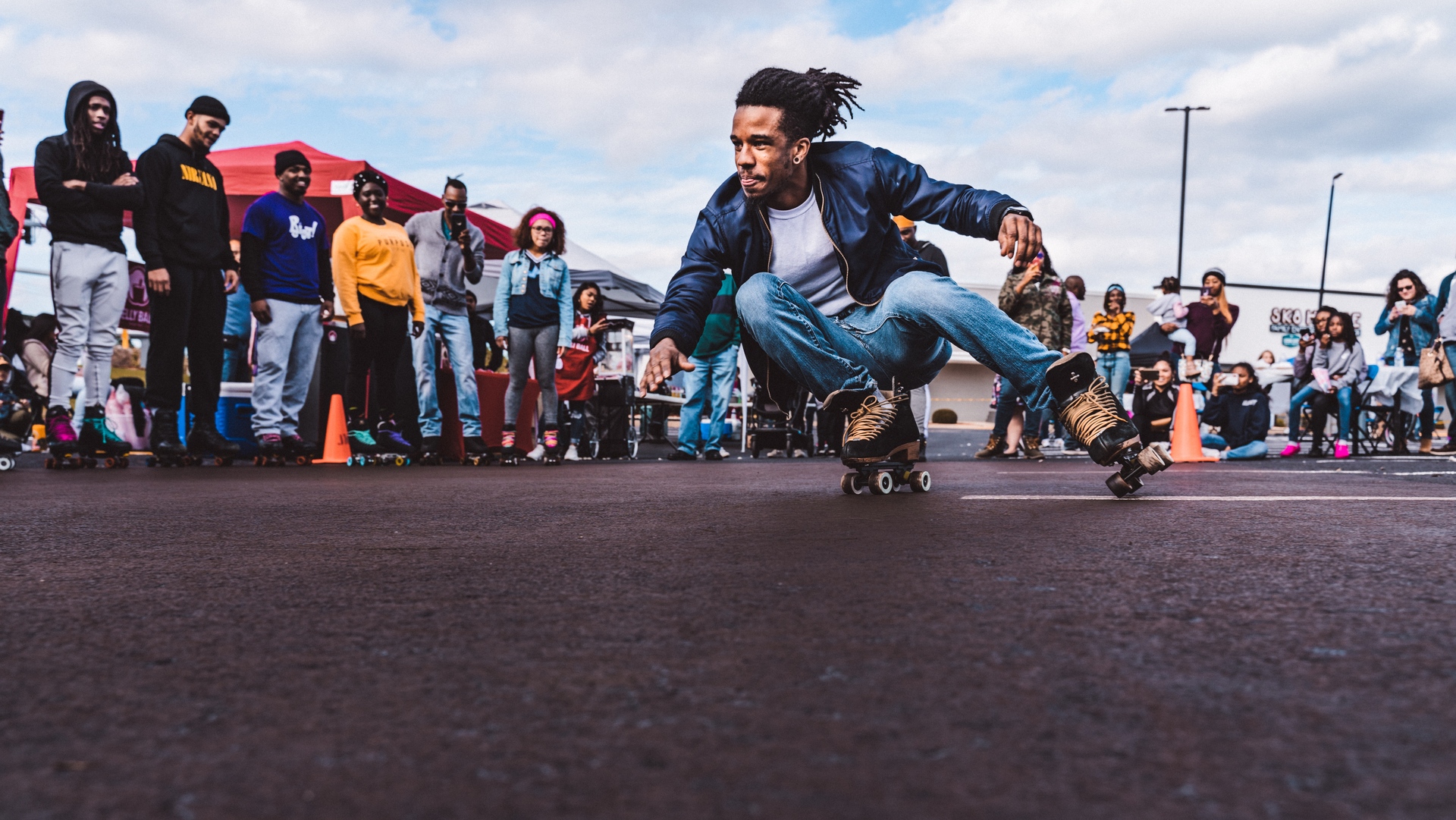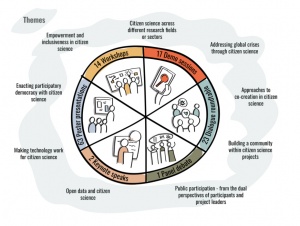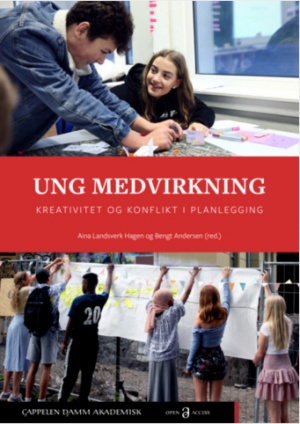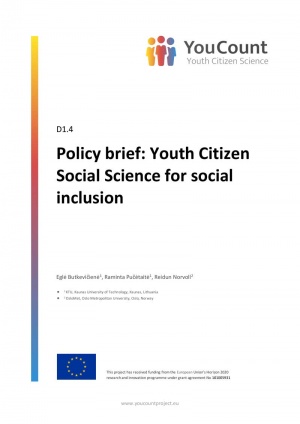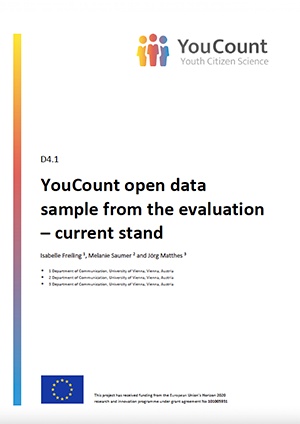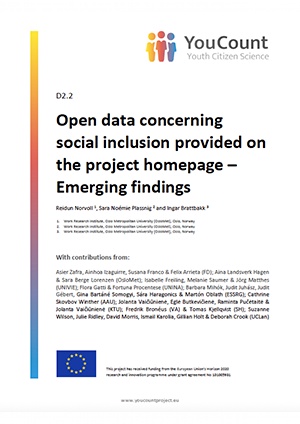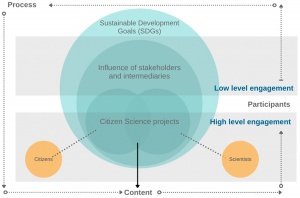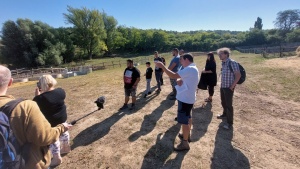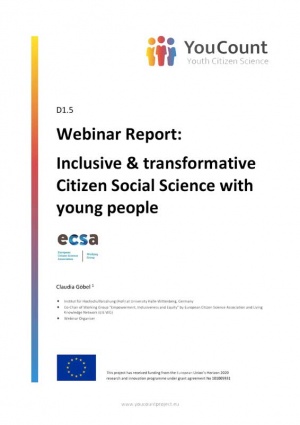Social Science Handbook
Super User
This is my user desription. Lorem ipsum dolor sit amet, consetetur sadipscing elitr, sed diam nonumy eirmod tempor invidunt ut labore et dolore magna aliquyam erat, sed diam voluptua. At vero eos et accusam et justo duo dolores et ea rebum. Stet clita kasd gubergren, no sea takimata sanctus est Lorem ipsum dolor sit amet. Lorem ipsum dolor sit amet, consetetur sadipscing elitr, sed diam nonumy eirmod tempor invidunt ut labore et dolore magna aliquyam erat, sed diam voluptua. At vero eos et accusam et justo duo dolores et ea rebum. Stet clita kasd gubergren, no sea takimata sanctus est Lorem ipsum dolor sit amet.
Mach mit bei YouCount!
Wir laden dich ein, ein Citizen Scientist zu werden! Kannst du feststellen, wo sich junge Menschen einbezogen fühlen, indem du deine eigenen Erfahrungen mitteilst?
Mit der YouCount App kannst du zu einem besseren Wissen über Möglichkeiten für Jugendliche, an der Gesellschaft teilzunehmen, beitragen. Gemeinsam mit Jugendlichen aus neun europäischen Ländern - Österreich, Dänemark, Ungarn, Italien, Litauen, Norwegen, Spanien, Schweden und dem Vereinigten Königreich - kannst du deine täglichen Erfahrungen zu Partizipation und Zugehörigkeit in deiner Gemeinschaft teilen. Du kannst angeben, an welchem Ort du dich befindest, welchen Aktivitäten du nachgehst, mit wem du Zeit verbringst und was diese Orte, Menschen und Aktivitäten für dich bedeuten. Wann hast du das Gefühl, zur Gesellschaft und zur lokalen Gemeinschaft zu gehören und daran teilzunehmen? Was gibt dir das Gefühl, unterstützt und gestärkt zu werden und eine Stimme zu haben? Du weißt besser als jede/r andere, wie deine täglichen Erfahrungen mit Integration und Ausgrenzung aussehen.
Lade die YouCount App für dein Smartphone herunter:
Wir laden junge Menschen im Alter von 13-29 Jahren ein, an dem Projekt teilzunehmen. Aufgrund rechtlicher Beschränkungen für die Forschung in den neun teilnehmenden europäischen Ländern kann die zulässige Altersgruppe von Land zu Land variieren. Erfahre mehr in unserer Einwilligungserklärung für Teilnehmer:innen, um zu sehen, ob du mitmachen kannst!
Join up the YouCount App
You are invited to be a young citizen scientist! Can you identify where young people feel included by sharing your own experience?
With the YouCount App, you can help improve what we know about opportunities available to young people to take part in society. With youths from nine European countries – Austria, Denmark, Hungary, Italy, Lithuania, Norway, Spain, Sweden, and the United Kingdom – you’re asked to share your daily life experiences of participating, belonging, and citizenship in society. Where and when do you feel that you belong? How do you take part in society and the local community? What makes you feel supported and that your voice is heard? Through the app, share the places where you spend time, activities you do, who you spend time with, and what these all mean to you.
Download the YouCount App for your Smartphone
We invite young people aged 13-29 to take part in the project. Due to legal restrictions for research differing between the nine participating European countries, the allowed age group can vary per country.
Learn more in our Informed Consent for Participants to see if you can join up!
Engaging Communities in Citizen Science
How can Citizen Science (CS) be engaging? What does engagement entail? Who needs to be engaged? What are the challenges and opportunities of engagement in CS? After two years of lockdown and isolation, these were some of the questions debated by engaged researchers, students, and practitioners at the ‘Engaging Citizen Science Conference 2022’ at Aarhus University, Denmark. This review published in the Journal of Science Communication provides a summary of the conference.
Young Participation: Creativity and Conflict in Planning
How should we go about collaborating with children and adolescents? Young Participation: Creativity and Conflict in Planning explores how youth participation work in practical terms in the context of urban development processes at the municipal level in Norway. From their unique perspectives, social scientists, artists, an architect, and a young contributor discuss experiences and dilemmas of including children, teens, and young adults as contributing stakeholders in various projects. The reader will find concrete examples of participatory processes and tools developed in cooperation. The book is written in Norwegian but provides one chapter in English.
Policy brief: Youth Citizen Social Science for Social Inclusion
This deliverable stems from the work that has been implemented under WP1 “Developing framework and stakeholder mobilisation”. It includes results developed by the YouCount project under the tasks Task 1.2: Develop a conceptual framework for co-creative Y-CSS, Task 1.3: Develop a conceptual framework for CSS as social innovation, Task 1.4: Design and instigate a dialogical framework for co-creative CSS, Task 1.5: Develop data collection framework for multiple case study, including the Spotteron ICT platform. This deliverable is aimed at providing recommendations for EU on how to foster youth social inclusion through citizen science.
YouCount open data sample from the evaluation – current stand
The YouCount evaluation design is a multi-method approach that spans across the whole duration of the project in WP4. It is therefore current work in progress, as some methods only just have been implemented and will be analyzed in the future. The deliverable aims at making the research design, as well as the current stand of the evaluative studies, transparent and publicly available. This happens in the spirit of open science, with the goal of doing “Science for and with Society”. Hereby outlined is the theoretical design, the way of carrying it out, and the current stand of each study implementation in the overall project.
Open data concerning social inclusion provided on the project homepage – Emerging findings
This deliverable provides a sample of open data from the YouCount project concerning social inclusion from the research and innovation activities in WP2 (multiple case studies) and WP3 (social inclusion). The sample includes research outputs in terms of case posters from a multiple case study of ten cases within the field of youth citizen social sciences, qualitative data concerning youths’ views on social inclusion and data from the co-creative innovation process of the YouCount App Toolkit.
The Ecosystem Approach in Addressing Sustainable Development Goals through Citizen Science in Lithuania
This article presents an overview of the ecosystem of citizen science development in Lithuania and its potential to address United Nations sustainable development goals (SDGs). As citizen science is still in the early development stage in Lithuania, this case study is an example of ecosystem analysis in the period of early citizen science adoption.
Hungary Case B
Hungary/Siklósbodony - Social inclusion and community cohesion through rural social innovations: This Hungarian case is located in Siklósbodony, a small village of 140 inhabitants in Southern Hungary, which has lost almost all its public institutions (the kindergarten, the local store, the post office) during the last two decades. Members of the research team are local young people who meet the typical difficulties in isolated rural settlements in the area: limited access to quality education, scarce job opportunities, high travel costs combined with law wages, and ethnic discrimination against the Roma. Research participants are now engaged in developing a socially innovative, sustainable agriculture farm which, beyond providing job opportunities, may also strengthen local community cohesion. In collaboration with bio-agriculture experts (Hungarian Permaculture Association), documentary filmmakers (ELTE Media Studies Department) and social scientists (Participatory Research Forum) the team intends to carry out a small-scale research program anchored in citizen social science to document and reflect the learnings in a co-creative way, and to identify the various social causes behind perceived success and failure during the innovation process.
Magyarország/ Siklósbodony - Szociális inkluzió és közösségi kohézió egy kistelepülési társadalmi innovációs folyamatban: Siklósbodony egy 140 fős aprófalu Baranya Megyében, amely az elmúlt két évtizedben elveszítette a közösségi intézményeit (az óvodát, a postát, a kisboltot), a helyi fiatalok helyzetét pedig meghatározza az iskolai mobilitási csatornák beszűkülése és az elérhető munkapiaci pozíciók és jövedelemszerzési lehetőségek változékonysága. A kutatócsoportban részt vevő fiatalok elkötelezetten működnek közre egy helyi permakultúrás gazdaság létrehozásában, amely nem csak munkalehetőségeket, hanem erősebb közösségi kohéziót is eredményezhet faluban. A Magyar Permakultúra Egyesület agrármérnökeivel, az ELTE Média Tanszék dokumentumfilmeseivel és a Parforum kutatóival együttműködve olyan közös alkotáson alapuló civil társadalomtudományi programot szeretnénk megvalósítani, amely dokumentálja és értelmezi az innovációs folyamat tanulságait, azonosítva a folyamat közben észlelt “kudarcos” és “sikeres” helyzeteket előállító társadalmi okokat is.
Webinar Report Inclusive Transformative Citizen Social Science
This report is a summary report from the first session of webinars by EIE WG and YouCount held inautumn 2021 that will continue in autumn 2023. The webinars were initially planned as one workshop with youths and stakeholders but were changed to digital webinars due to the pandemic. A final report will be submitted in 2023.

About the Project
YouCount will focus on social inclusion, which is understood as equal opportunities for youth participation in society, and will elucidate social participation, connectedness, and social belonging. As elaborated on later, the multiple case studies – consisting of nine co-creative Youth Citizen Social Science projects across Europe – will provide increased knowledge of the positive drivers for social inclusion in general and specific knowledge and innovation about participation, belonging, and citizenship.
From the Blog
News
Events
This website uses no external trackers, no analytics, just session cookies and values your online privacy.


